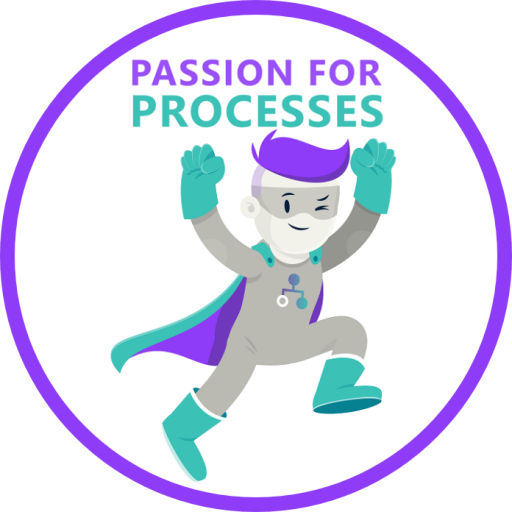
Hi,
For me the title of the discussion is like the two faces of the coin. You can't think of BPM without BPMS and vice versa too. One is process oriented approach and other is close to technical implementation. However this list is quite long.
As far as generating business is concern it depends What and How you are selling. Business consultant seems to more focused on business processes while Technical consultant might seemed to be intersted in selling his one of favourite BPMS.
In this discussion, I would like to bring the thoughts and ideas around BPM and BPMS.
Intersted to know your view point.
Thanks
Parveen
Hi Parveen.
The picture with the two faces of the coin is a good one. I absolutely agree, that both must come together. CurrentlyI see, that from some participants of the discussions about BPM/S, the abstract view on processes seems to get lost more and more. We often see, when people talk about processes, they talk about technical processes. Thus, the danger arises that the big picture on the whole process landscape get's lost. On the other hand side, if you planned your processes, but do not use them to refined them in technical, maybe executable processes, much work is wasted, because you just throw lots of your work away instead of using them to get benefit out or technical processes.
To avoid that, both abstract process modeling (e.g. using EPCs in ARIS) and technical oriented process modeling must fit together.
Bye,
Frank
Hi Frank,
I totally agree with you. I feel that the power of BPM/BPMS lies where both of these complementing each other in their best proportion.
I feel that BPM is something that need to be standardize, and BPMS should provide the power of BPM as features to their best capabilities. In vain what most of the BPMS vendors trying to do is, they are making the BPM as proprietry in their BPMS. Which seemed not to be a good trend.
Obviously getting a competitive edge in market is one driving factor for this trend.
Regards
~Parveen
Sorry guys, I don't get it. BPMS is just a buzzword where "M" should be actually "A"utomation or "E"xecution but not M for Management. Most software that are labelled as BPMS can do modeling and some of them try to be execution and/or process integration platforms (not many success stories reported though). I wouldn't put an "M" to a software that does not have optimisation capabilities. I'd put "M" for ARIS only because of products such as Business Optimizer, Simulator, PPM and PAM.
BPMS became popular with the SOA hype and changed the perception of many people about what BPM actually is about.
Regards
Ivo
Hi Ivo,
By BPMS, I mean Business Process Management Suite, which includes most of the softwares suites implementing BPM.
You are very much correct that BPMS got popular with the SOA hype, as with the SOA now the "Enabling" part of BPM getting more popular.
Regards
~Parveen
Hi all,
let me add some additional thoughts to this discussion. From my point of view BPM as Business Process Management is a very fundamental approach. First of all the management in the enterprises has to learn that they have to care for the business processes to be successful. Beginning with the strategic planning phase the processes should be the heart of the approach.
Also in the design phase (as-is analysis and definition of to-be picture) there has to be a strong alignment with the needs and requirements of the business processes. After design phase the processes have to be implemented. And this is the point where BPMS(ystems) come into play. Of course current BPM suites are also covering (at least partially) strategic and design phase, but their focus is the implementation and mainly the execution of the processes. But this should not cause to put BPM and BPMS on the same level. These systems are an important part to realize a complete BPM lifecycle, but we should not reduce the BPM idea to them. In this case the IT focus would be too strong and the business aspects would be underweightet.
Regards
Uwe
Hi All,
As it is coming very clear from the discussion that both BPM and BPMS are complimentary to each other. Neither BPM nor BPMS advance without following the best of each other.
BPMS should follow the fundamental approach of BPM i.e process oriented approach, similarly the ultimate benefit of BPM can only be utilised if its implemneted with the best BPMS solution.
Cheers
Parveen
Hi all,
in this post https://bitacora.s3.amazonaws.com/2012/04/24/no_bpms.html say about the experience of BPMS, and this is not completely necessary.









